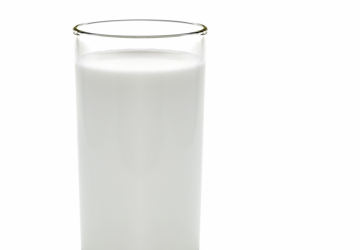If you wonder what kind of hare-brained food nannying could come next after activists’ war on salt, Denmark (of all places) could provide the blueprint. On Saturday, Denmark, which slapped a tax increase last year on ice cream and chocolate, instituted a tax on saturated fat.
While many nutritionists recommend limiting saturated fat intake, asserting saturated fat is linked to heart disease, a tax is too sweeping of a policy. Although pizza and butter are touted as targets of the tax, there are a numbers of foods that fall under the tax that would hardly be considered “junk.”
The tax applies to any food that is more than 2.3 percent saturated fat. Looking at the USDA's nutrient database, avocados appear to just miss the cut, but cashews fall under the tax. So do salmon, eggs, and dark chocolate.
Salmon, of course, is full of heart-healthy omega-3 fatty acids. Dark chocolate is linked to lower blood pressure. Harvard calls eggs “a good source of nutrients.” And do these nuts think nuts clog arteries?
A tax may well discourage consumption of these products. And we’ve seen no credible evidence that a tax will do anything to boost the health of Danes.
At the end of the day, a nutrient tax is really just a money-making scheme for the government. While public activists here in the U.S. are pushing for taxes on soft drinks, there’s no reason to think they won’t be following the “Danish Model” in the coming years.




